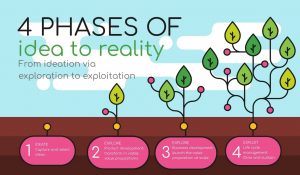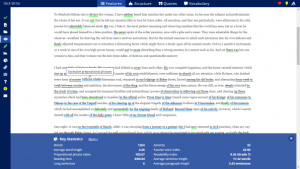Employers have cause for concern when it comes to Gen Z workers staying put, suggests a new report by the Oliver Wyman Forum. Among other things surrounding Gen Z, the report delves into the youngest working generation’s views on employment and what they seek to get out of it.
One of the most interesting bits of information gleaned from the report is that while Gen Z respondents view themselves as loyal to their employer—a full 70% do—those loyal Gen Z employees are nonetheless “still actively or passively seeking new jobs.”
This incongruity can be explained by another finding in the report. More than the millennial and Gen X generations before them, Gen Z views employment as transactional in nature. They see work very pragmatically, as a means to an end—something they can do to make cash, so they can enjoy their life outside of the office. In other words, Gen Z finds meaning not in their careers but in their everyday passions.
This way of thinking is largely driven by the effects of the pandemic and an average worker’s mounting debt. As the report notes: “[Gen Z’s] resistance to the status quo has been a decade or more in the making and was accelerated by the pandemic. They witnessed their siblings struggle with student debt and their parents work slavishly before getting laid off, and they have less desire to be another cog in the machine.”
But what does that mean for employers who need to retain Gen Z workers, especially as they become the largest working-age population in the years ahead? The report notes that in-office perks like rock walls and Xboxes don’t cut it for Gen Z, who “want to clock in and clock out, and aren’t interested in small talk or fraternizing with co-workers over beers.” Instead, the perks Gen Z is looking for include flexibility and autonomy with a good amount of work-life balance.

The report also reveals that 45% of Gen Z respondents have a side hustle and a full 85% prefer hybrid or remote work environments. Another finding that shows just how much Gen Z contrasts with older generations is their outlook on retirement. The ideal age a Gen Zer would like to retire is 54, and the average age they expect to retire at is age 60. However, the retirement age for Americans by the 2040s is expected to be at least 70, according to the Congressional Budget Office.
The Oliver Wyman Forum’s findings were assembled from monthly consumer surveys of 150,000 people in 10 countries over a two-year period. For the Gen Z findings, the forum focused on Gen Z respondents from the United States and the United Kingdom.
(13)
Report Post








